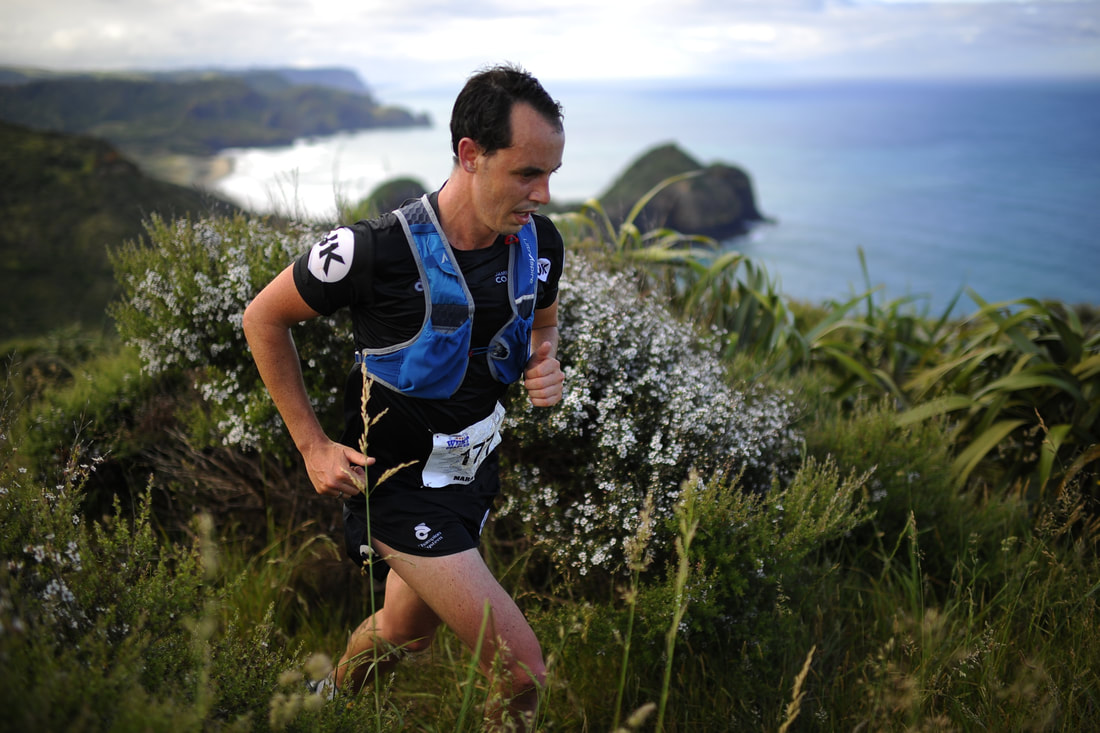When entering an event there are a myriad of questions to consider. If you were to ask 10 athletes what their preferred footwear, gear, nutrition or race strategy was you would receive 10 different answers. Likewise, the choice of what race to enter is just as individual; different people have differing areas of strength and preference. Expense plays a big part in certain choices too; for some individuals there are races that are a must do every season, and the expense is one that is factored. For others, races may be less frequent due to less discretionary income or discretionary time. Everyone has different priorities at different points.
A question that I often hear from athletes that certainly bears exploration is when should they enter an event? In New Zealand we are relatively lucky that there are comparably few events that sell out immediately or almost immediately, such as The Goat and Kepler Challenge. This means that if you are racing locally then most likely you have some time up your sleeve to consider whether to enter an event or not. Race directors usually run an incentive to have participants enter early, thus furthering the chance that the race will fill up faster, be perceived as popular, and sell out. This is sound business sense as momentum builds momentum. The rush of friends and acquaintances via social media to enter popular events can become intoxicating and I would strongly suggest that you avoid this temptation at all costs if you are able. As I have stated before, FOMO is the enemy of meaningful progression. Bigger events with lots of people that you know participating can be greatly enjoyable, but “Because everyone else is doing it” should not be the main reason that you enter.
It is useful for some in regards to training to have the extrinsic motivation of being signed up to an event; others can train effectively with holding the event in their mind and entering at a later date. From my perspective as a coach, I would always advise people to enter an event as late as they can manage. This does not work for every individual. The reason that I suggest that you enter an event as late as you are able is one of self preservation. Despite our best efforts with maintaining our well being through considered training, sound diet and proper rest, sometimes things go awry. It can happen that we become injured, ill, or that other circumstances prevent us from making the event. I would much rather see an athlete make the decision to not race if he or she is not expressing health in an adaptive manner than turn up to the line injured or ill because “I’ve paid for the race anyway”.
The decision to not start a race can be a distressing one, especially if you have already paid to enter. At some events there is a no-refund-no-transfer policy. Again, I understand that events are business, and also that forcing people to commit avoids a considerable amount of to-and-fro from the organiser’s perspective in the build up to an event. I do become concerned that a rigid policy regarding withdrawals may add to the chance that participants start the event injured and negatively impact their wellbeing and ability to run freely and adaptively long term.
If you are considering entering an event and would like to discuss anything that I have spoken about in this article, or on any other matter, I would be only too happy to speak with you.
It is useful for some in regards to training to have the extrinsic motivation of being signed up to an event; others can train effectively with holding the event in their mind and entering at a later date. From my perspective as a coach, I would always advise people to enter an event as late as they can manage. This does not work for every individual. The reason that I suggest that you enter an event as late as you are able is one of self preservation. Despite our best efforts with maintaining our well being through considered training, sound diet and proper rest, sometimes things go awry. It can happen that we become injured, ill, or that other circumstances prevent us from making the event. I would much rather see an athlete make the decision to not race if he or she is not expressing health in an adaptive manner than turn up to the line injured or ill because “I’ve paid for the race anyway”.
The decision to not start a race can be a distressing one, especially if you have already paid to enter. At some events there is a no-refund-no-transfer policy. Again, I understand that events are business, and also that forcing people to commit avoids a considerable amount of to-and-fro from the organiser’s perspective in the build up to an event. I do become concerned that a rigid policy regarding withdrawals may add to the chance that participants start the event injured and negatively impact their wellbeing and ability to run freely and adaptively long term.
If you are considering entering an event and would like to discuss anything that I have spoken about in this article, or on any other matter, I would be only too happy to speak with you.




